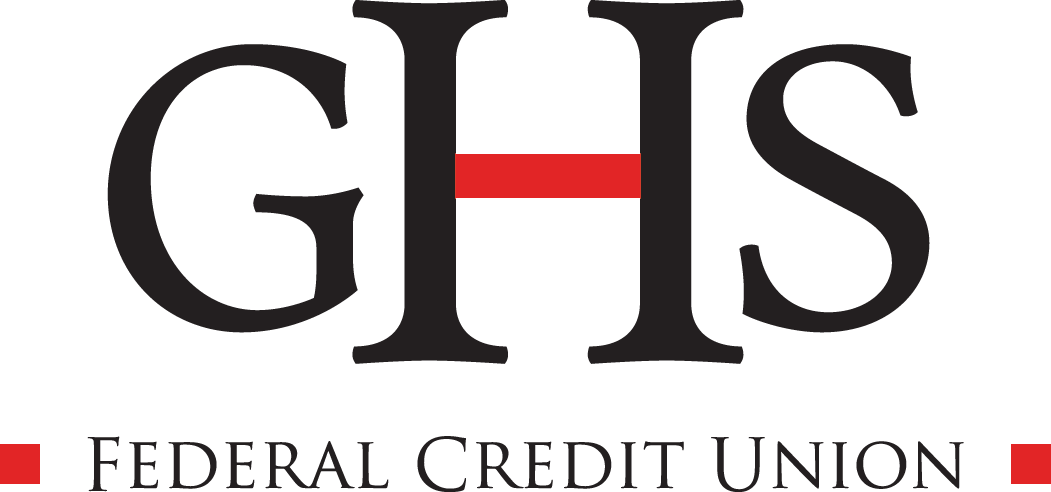Banks vs. Credit Unions: Which is Best For You?
Choosing a financial institution is a big decision. You’re deciding the place you are going to trust with your hard-earned money and financial future.
When it comes to where you’re going to open a bank account, you may be wondering about banks vs. credit unions and whether or not there is much of a difference between the two.
There is a difference, and we’ll explain it to you so that you can decide which type of institution is the right fit for you and your finances.
UNDERSTANDING THE MISSION OF BANKS VS. CREDIT UNIONS
As you compare banks vs. credit unions, one of the big differences is mission. Banks are for-profit (even the smaller ones), and credit unions are nonprofits. Believe it or not, this can make a big difference.
Whereas banks need to make money for their investors and shareholders, credit unions just have to make overhead and pay their employees. Once they’ve done that, they take the money they’ve made and turn it right back over to their members in the form of lower interest rates on loans and higher dividends on savings and checking accounts.
Credit unions are also member-owned, which means that the decisions are made by board members elected by and from the credit union’s membership.
THE BENEFITS OF A SMALLER FIELD OF MEMBERSHIP
Anyone can open an account at large banks, national banks, or online banks, but credit unions are selective, which means all kinds of great things. In addition to the savings and earnings, credit unions can offer more, because they have eligibility requirements.
Eligibility can vary between credit unions, but generally speaking, they depend on where you live, work, go to school, or own a business. There are credit unions that base their membership on locality, and others that are based on a shared employer or union membership.
So why is this desirable? Here are just some of the reasons it pays to be a credit union member:
Personal Service & Decision Making
For one thing, there’s the way credit unions treat their members. Because they are based on a shared, common bond, and governed by their members, credit unions don’t just see dollar signs when they look at you. They see a coworker, a neighbor. That means more personalized customer service and treatment.
And personalization doesn’t stop at customer service. Because they’re nonprofits, and one member’s success translates into success for everyone, credit unions typically can offer individualized loan decisions. Some borrowers find they qualify for loans at credit unions that they might otherwise not at traditional banks, and at competitive rates.
Trust
Small and local, with eligibility requirements, helps keep things manageable. Everyone’s financial future is connected at a credit union, which creates trust. Even better, credit union savings are insured by the National Credit Union Administration, up to at least $250,000.
Emphasis on Community
At GHS, we’ve been serving the community since 1940. If you are someone who lives, works, volunteers in, worships, or goes to school in Broome, Chenango, or Tioga counties in New York state, or are a relative of someone who does, you can take advantage of all the benefits of credit union membership with us.
You’ll also have access to our members-only products and services, including online and mobile banking, picture pay, free eStatements, and our free ATM network.
Everyone has to make the right decision when it comes to where to grow their money and build their financial future. However, if you care about community, a lot of times, credit union membership just makes sense. They are rooted in the community that they serve, which means that they often go beyond simply providing financial services, by supporting small businesses, providing scholarships, volunteering in the area, sponsoring local events, and keeping community money local.
Find out more about why credit unions are a force for good in local communities.
